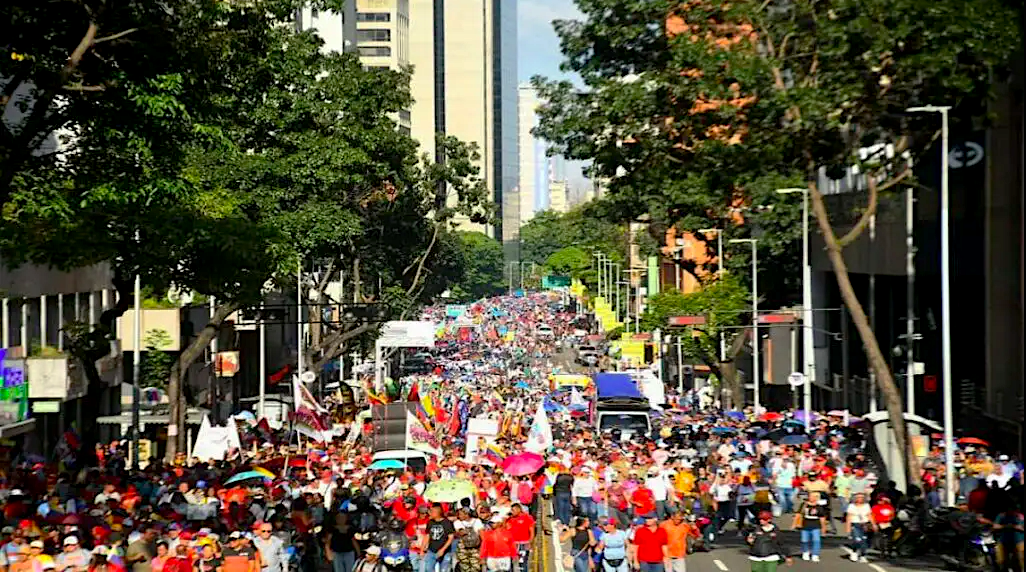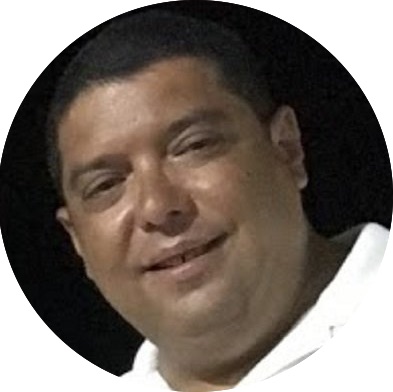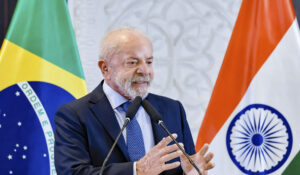
Published 08/28/2024 17:22 | Edited 08/28/2024 18:00
On Tuesday (27), Venezuelan President Nicolás Maduro announced a significant cabinet reform, replacing eight ministers, including key names in the Oil, Finance and Interior portfolios. The change occurs in a context of political and economic transition, just one month after the country’s elections, the results of which were contested by the opposition.
Journalist Wevergton Brito, vice-president of Cebrapaz (Brazilian Center for Solidarity with the People and Struggle for Peace), commented to Red Portal about the mood in the country amid strategic government decisions, which are moving forward despite the crisis with the opposition. Brito, who was in Caracas as an observer of the elections, stated that, despite the opposition’s challenges, Maduro’s support base remains solid and majority. “Social support, the social base of the Maduro government is very consolidated and is majority. Of course the opposition is strong, but Maduro’s social and electoral base is very consolidated,” he stated.

With his new term set to begin in 2025, Nicolás Maduro faces the challenge of responding to the demands of both his supporters and the opposition, which still mobilizes a considerable portion of the population. Wevergton Brito believes that, despite the difficulties, Maduro is preparing to face these challenges with the support of a solid and conscious social base.
The journalist noted that, despite the presence of a strong opposition, the legitimacy of the Maduro government is widely recognized by the majority of the population, except for more radical sectors of the far right. “Outside the far right, this discussion about the legitimacy of Maduro’s election is not advancing. He won the election, and everything indicates that things will stabilize,” Brito said.
He also noted that, unlike the violent protests of previous years, the recent post-election unrest was less significant and involved largely non-voters, who were possibly paid to cause trouble. “The situation in Venezuela is tending to normalize. I walked through the center of the country and saw a climate of total peace, tranquility and normality,” Brito said.
Strategic changes
Among the ministerial changes, one of the most notable was the transfer of Delcy Rodríguez, who leaves the Ministry of Economy and Finance to take over the Ministry of Oil. Rodríguez, who was responsible for policies that managed to stabilize the economy amid the severe crisis and US sanctions, now faces the challenge of increasing the country’s oil production, with the goal of reaching 3 million barrels per day. Anabel Pereira Fernández, former president of the Social Protection Fund for Bank Deposits (Fogade), takes over the Finance portfolio.
The Ministry of the Interior, Justice and Peace will be headed by Diosdado Cabello, a historic figure in Chavismo. Cabello, who previously held the position in 2002, returns to the ministry at a time of electoral disputes and violent protests, which have resulted in deaths and arrests. The opposition, which questions the election results, has organized demonstrations, some of which have been dispersed by security forces.
The ministerial reshuffle also brought changes in other areas, such as Education, which will be led by Hector Rodriguez, and University Education, under the command of Ricardo Sánchez. These changes reflect Maduro’s strategy to strengthen his government in a context of internal and external challenges, preparing for his new term, which begins in 2025.
With the end of his current term, the Venezuelan president is already preparing to begin a new term, facing the challenge of responding to the demands of an opposition that, although a minority, still mobilizes a significant portion of the population. “Maduro is building his new term with the challenges he has ahead of him, which is to reduce this margin,” concluded Brito, highlighting the importance of consolidating peace and unity in Venezuela in the coming years.
Internal and external support
During a tiring trip that included multiple international connections (including Lisbon!) due to the closure of air routes, Wevergton shared his impressions of the Venezuelan reality. During his stay, he attended the second edition of the popular consultation in the communes, a direct democracy initiative promoted by the government of Nicolás Maduro. In this consultation, local communities have the opportunity to choose priorities and receive, directly from the central government, the resources needed to implement the selected projects. “I visited four communes where voting was taking place, and what I could feel was the social support,” the journalist highlighted.
Despite the challenges, Brito highlighted the high political awareness of the Venezuelan people, especially among the poorest segments of the population. “It is impressive to see the level of political awareness among the people, the people really empowering themselves in politics. In one of the communes I visited, the residents, who had been attacked by the far right, demonstrated incredible resilience.”
In addition to the consultation in the communes, Brito participated in the closing ceremony of the 11th ALBA Summit, a meeting that brought together leaders from Latin America and the Caribbean in defense of regional unity and against foreign interference in Venezuela’s internal affairs. “Leaders such as Miguel Díaz-Canel of Cuba and Luis Arce of Bolivia were emphatic in their support for Venezuelan sovereignty and in their rejection of external interference,” he commented.
Source: vermelho.org.br

